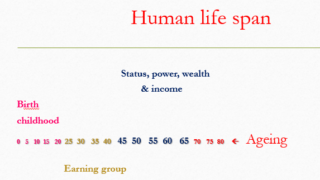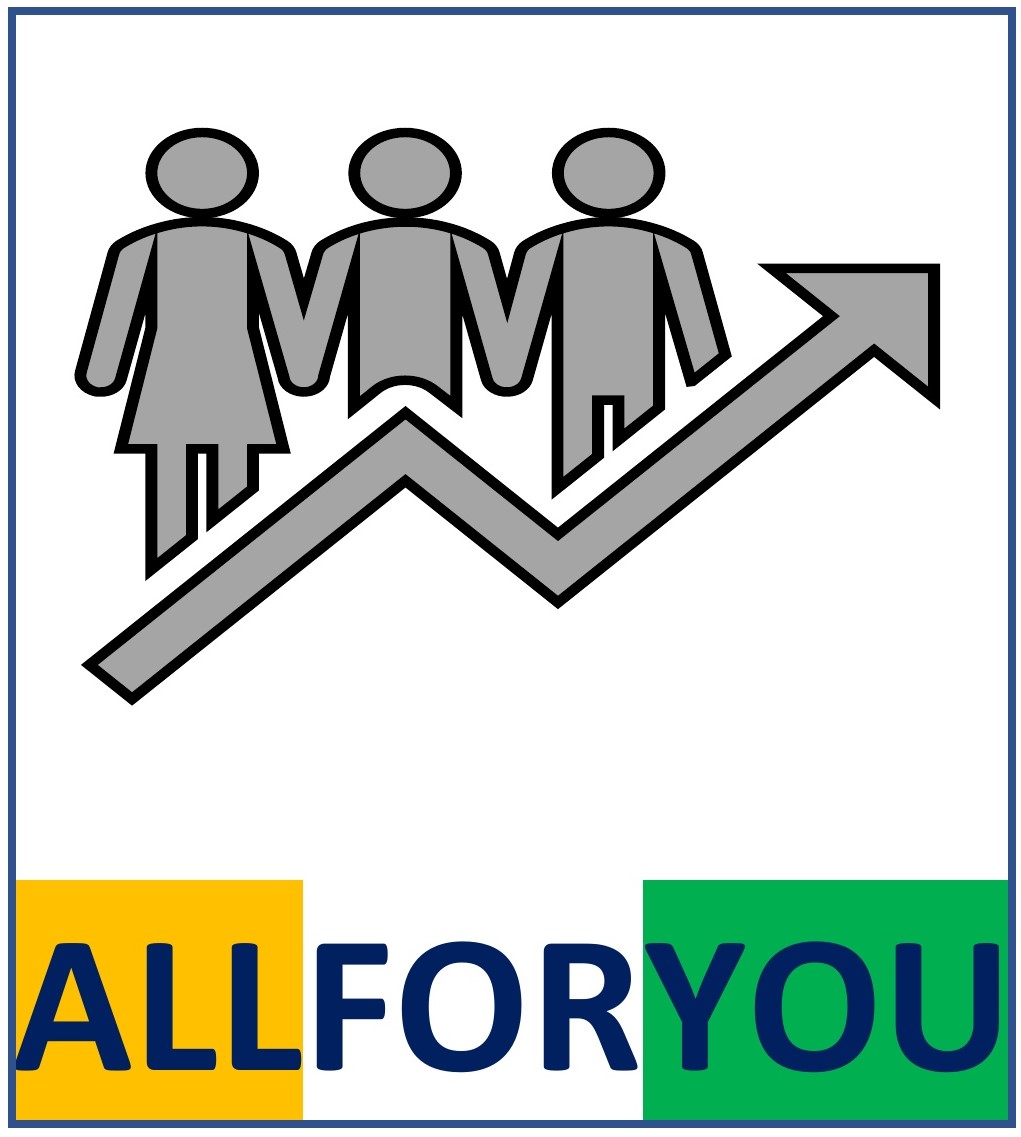
Age Is An Aspect Of Stratification | Age base of inequality |
Age is a crucial factor in social stratification, contributing to varying levels of status and power across different societies. The distribution of power tends to favor the elder population, often resulting in younger individuals having limited influence and authority. This inherent age-related disparity can create inequalities in society.

Age-Related Roles and Responsibilities
John A. Vicente (2006) emphasizes that different roles and responsibilities are assigned to people belonging to different age groups in society. Consequently, age can either present obstacles or opportunities for individuals.
Age-Based Stratification
In societies where age is a defining factor, individuals from different age groups often experience unequal distributions of prestige, power, wealth, and income. As a result, society becomes stratified based on age.
Defining Age in Sociology
Age represents one of the life stages and is often associated with age cohorts. In some cases, both the elderly and the young may be perceived as relatively incapable and excluded from significant aspects of social life.
Stages of Age or Life : Four Distinct Phases
Childhood
This stage is marked by complete dependency on parents or guardians until a certain age. Individuals lack the maturity to shoulder responsibilities due to their ongoing process of socialization.
Adulthood
In this stage, individuals reach physical and mental maturity, becoming earners who are independent and capable of taking on various responsibilities with full commitment.
Retirement
During this period, individuals are freed from most responsibilities and enjoy a period of relative relaxation and leisure.
Samadhi Period/Abstinence from Food/Death (Physical Decline):
This phase encompasses the process of letting go of the physical body, symbolizing the conclusion of a person’s life.
In summary, life can be divided into four stages: Birth, Development to Physical Maturity, Aging, and Death.
Dimensions of Age
Age comprises various dimensions
Biological/Physiological
Age is intrinsically linked to changes in our physical bodies and capabilities.
Social Expectations
Society often dictates how individuals within certain age groups should behave and interact while being part of the human community. The social definition of aging can vary significantly from one society to another.
Historical Period
Aging always takes place within a specific historical context. A group of people born during the same historical period is known as a cohort.
